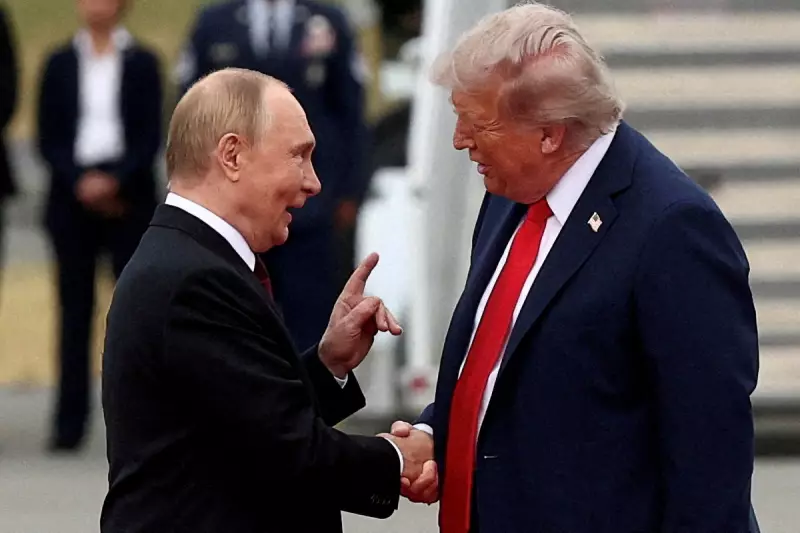
A proposed 28-point plan for peace in Ukraine, briefed by Washington and Moscow, has been revealed as a blueprint that would force Kyiv into massive concessions, effectively rewarding Russian aggression. The plan, which was immediately rejected by Ukrainian President Volodymyr Zelensky, underscores the continuing influence the Kremlin seeks to wield over Western policy.
The Puppet Strings of a Proposed Deal
Despite public displays of independence, including threats of sanctions on Russian fuel, the US administration under Donald Trump appears to be aligning with Moscow's strategic goals. The core of the newly briefed agreement demands that Ukraine surrenders a vast portion of its eastern territories, a move that would legitimise Russia's land grab.
Furthermore, the plan insists that Kyiv must halve the size of its army and formally renounce its constitutionally mandated application to join NATO. This would strip Ukraine of its future defensive capabilities and leave it permanently vulnerable to Russian pressure. The proposal also requires Ukraine to give up any weapons that could be used for its own defence, cementing its neutralised status.
Ukraine's Precarious Position and Western Support
This initiative comes at a time when Ukraine is facing immense pressure on the battlefield. Russia has launched a brutal campaign of nightly bombardments aimed at crippling Ukraine's energy sector and making the country unliveable for civilians during winter. Tactically, Ukrainian forces are on the back foot in areas like Pokrovsk, though they are making local gains near Kupiansk.
The situation has been severely exacerbated by the complete cutting of US military aid to Ukraine by the Trump administration, leaving a significant gap in funding and weaponry. However, European and Canadian NATO members have stepped in, pledging approximately €250 billion (£220bn) to meet the shortfall. Analysts suggest that with consistent US support, Ukraine might have been able to break the Russian army's spine and force a retreat, as seen in 2022.
An Existential Struggle and Russia's Unsustainable War
For Ukraine, this conflict is existential. Historical context is critical; the nation suffered profoundly under Soviet rule, including the Holodomor famine engineered by Stalin that killed millions. It is no coincidence that the term "genocide" was coined in the western Ukrainian city of Lviv.
While Russia currently leverages its sheer mass of manpower—offering soldiers $3,000 a month—its war economy is straining. The Centre for European Policy Analysis estimates that Russia is spending around 30% of its federal budget on the war, with economic growth slowing to about 1.5%. President Putin needs a victory, but a long-term conflict is unsustainable. Ukraine's developing capacity to strike inside Russia itself threatens to bring the war home to the Russian populace and undermine support for the invasion.
The current 'peace' plan, mirroring past Russian-centric American proposals, is based on the false premise that Ukrainian victory is impossible. In reality, with sustained Western support and smarter strategic terms focused on enabling a Ukrainian victory, the strings controlling this puppet show can still be cut.





